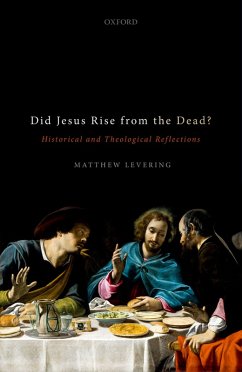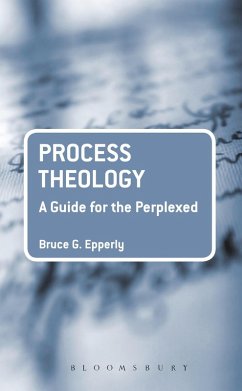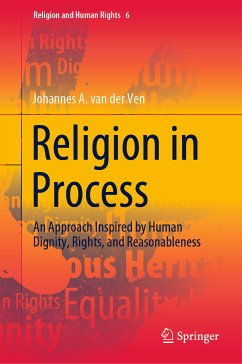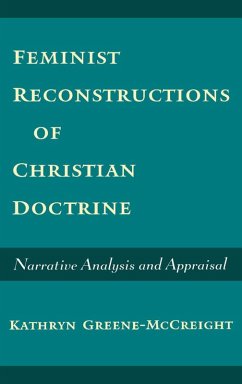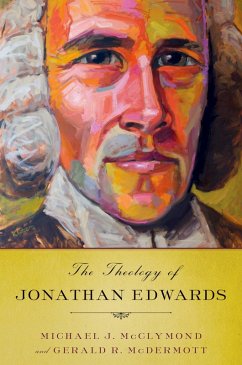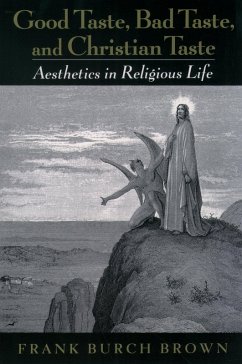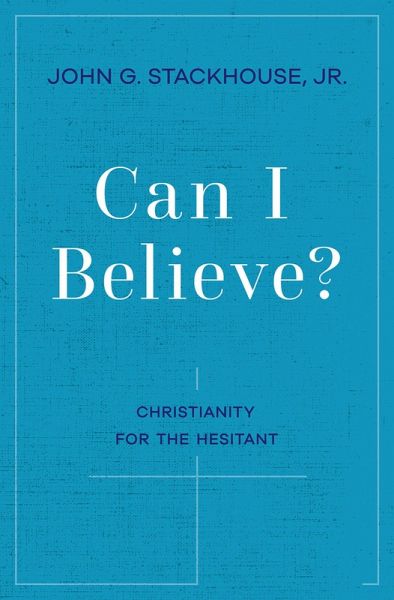
Can I Believe? (eBook, PDF)
Christianity for the Hesitant

PAYBACK Punkte
3 °P sammeln!
Maybe Christianity is actually true. Maybe it is what believers say it is. But at least two problems make the thoughtful person hesitate. First, there are so many other options. How could one possibly make one's way through them to anything like a rational and confident conclusion? Second, why do so many people choose to be Christian in the face of so many reasons not to be Christian? Yes, many people grow up in Christian homes and in societies, but many more do not. Yet Christianity has become the most popular religion in the world. Why? This book begins by taking on the initial challenge as ...
Maybe Christianity is actually true. Maybe it is what believers say it is. But at least two problems make the thoughtful person hesitate. First, there are so many other options. How could one possibly make one's way through them to anything like a rational and confident conclusion? Second, why do so many people choose to be Christian in the face of so many reasons not to be Christian? Yes, many people grow up in Christian homes and in societies, but many more do not. Yet Christianity has become the most popular religion in the world. Why? This book begins by taking on the initial challenge as it outlines a process: how to think about religion in a responsible way, rather than settling for such soft vagaries as "faith" and "feeling". It then clears away a number of misunderstandings from the basic story of the Christian religion, misunderstandings that combine to domesticate this startling narrative and thus to repel reasonable people who might otherwise be intrigued. The second half of the book then looks at Christian commitment positively and negatively. Why do two billion find this religion to be persuasive, thus making it the most popular "explanation of everything" in human history? At the same time, how does Christianity respond to the fact that so many people find it utterly implausible, especially because so many Christians insist that theirs is the only way to God and because of the problem of evil that seems to undercut everything Christianity asserts? Grounded in scholarship but never ponderous, Can I Believe? refuses to dodge the hard questions as it welcomes the intelligent inquirer to give Christianity at least one good look.
Dieser Download kann aus rechtlichen Gründen nur mit Rechnungsadresse in A, B, BG, CY, CZ, D, DK, EW, E, FIN, F, GR, HR, H, IRL, I, LT, L, LR, M, NL, PL, P, R, S, SLO, SK ausgeliefert werden.




